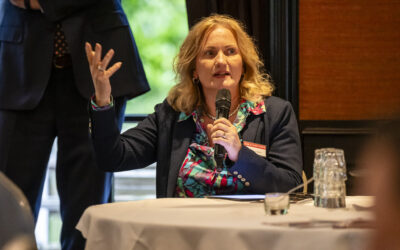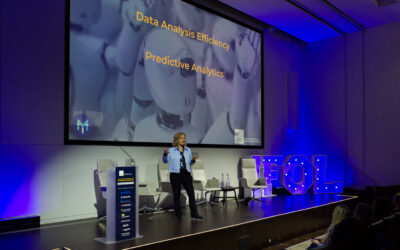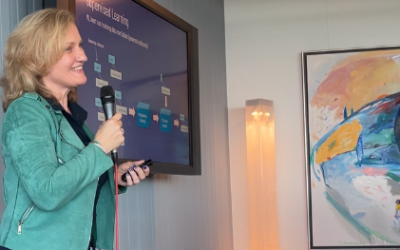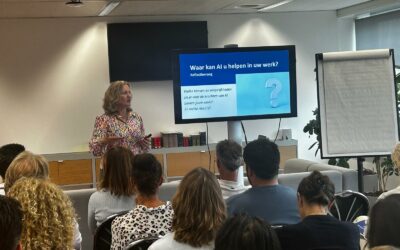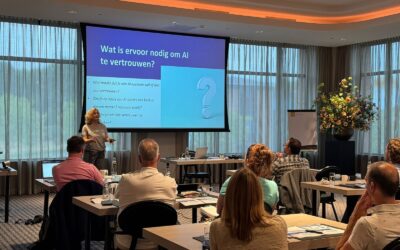Shop
Blijf op de hoogte van het laatste nieuws en de ontwikkelingen op technologisch gebied.
Video Links
Blogs
AI en werk-privébalans: de zomer als reality check
De zomer biedt ruimte. Niet alleen om op te laden, maar ook om je werk met wat meer afstand te bekijken. Even geen volle agenda’s, calls of brandjes...
AI als kompas voor groei: waarom AI-geletterdheid jouw toekomst bepaalt
Groei in een AI-gedreven wereld AI verandert de wereld razendsnel. Toch blijft de discussie vaak hangen bij welke tools je moet gebruiken. Maar de...
Slimmer werken met AI: meer inzicht, betere keuzes, minder tijdsverspilling?
Slimmer werken. Betere beslissingen nemen. Tijd besparen. AI wordt vaak gepresenteerd als dé oplossing om werk makkelijker en efficiënter te maken....

